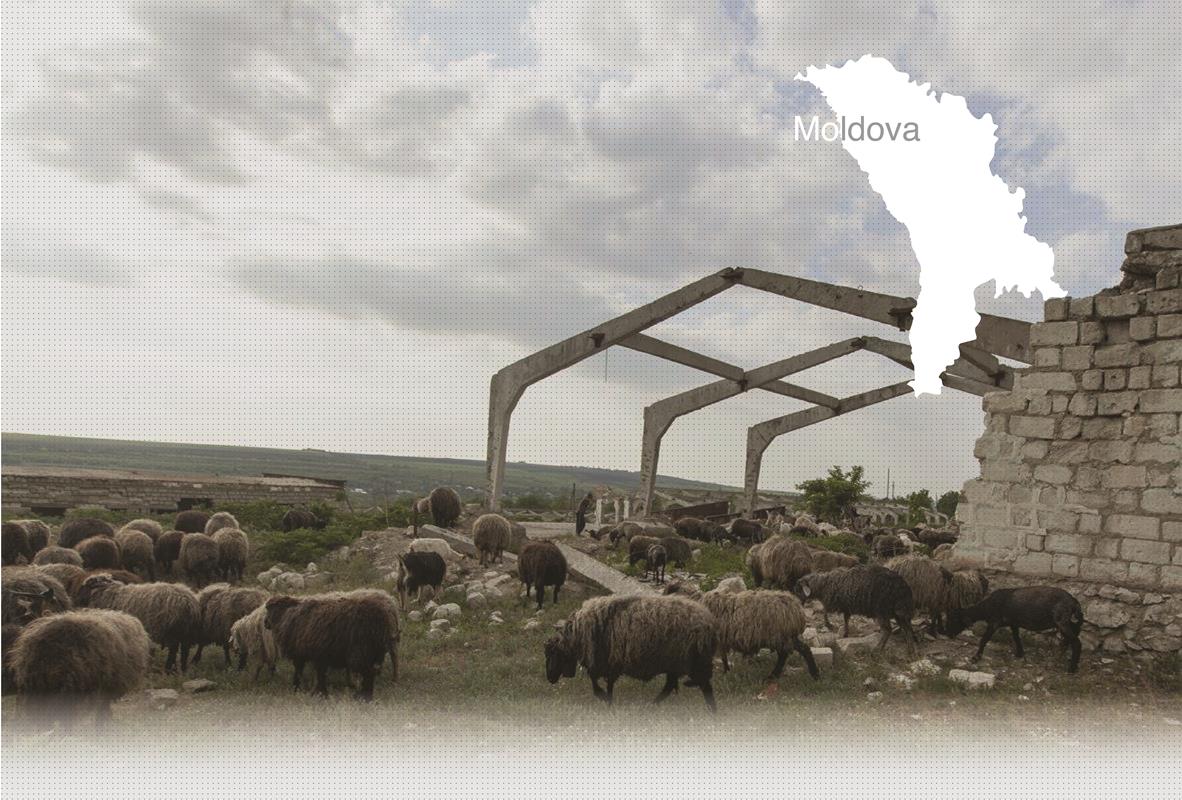

1 Sitio(s) de ejecución
Vasile S., born in 1929, recalls his father and him being requisitioned to transport the bodies: “YIU : Did you see your friends or some of your Jewish acquaintances being shot ? Vasile: Yes, I did. They were killed all together. I don’t remember exactly if it was on September 23 or 24, 1943; it was around 4pm. Beforehand, in the evening, the Romanian gendarmes came to see my father and told him to take his cart with bulls and arrive at an appointed place the next day to transport the bodies. At the beginning, my father refused to do it under the pretext that he had other work to do, but the gendarmes insisted and told me and my brother to go instead. But then, my father agreed because he didn’t want us to go there alone. The following morning, we took a cart and we went in the direction of the execution site, situated just at the exit of the village. Once we arrived, there were already six other carts waiting. Once there, we loaded three bodies on to the cart and went to the anti-tanks ditches that had been dug in advance by other young people. When we arrived, a special group unloaded the corpses from the carts and threw them in the ditches.” (Eyewitness N° 151, interviewed in Ghidighici on August 23, 2013)
Ghidighici is a small village, located about 15km North of Chişinău. According to witness n° 151, before the war there were only several Jewish families living in the village. They were merchants. They managed to flee before the anti-Jewish measures were put into place. The village was occupied by Germans and Romanians in late June 1941, right after the beginning of the war.
In August 1941, according to different sources, about 500 Jews, including men, women, and children, were taken from the Kishinev ghetto to Ghidighici to perform different kinds of forced labor. According to the witness interviewed by Yahad, the Jewish men were forced to work in a stone quarry, crushing the stones and constructing the road between Straseni, Ghidighici, and Chisinau, while the Jewish women performed other types of work, such as filling holes with sand or weeding the railroads. While working, the Jews stayed in the camp, which was fenced with barbed wire. The camp was located 3km away from Ghidighici, near the railroad. The camp existed from August 1941 till September 1943. At that time, the Jews were taken to the ravine outside of the village and shot by Germans and Romanians. They were shot in their clothing. There were about 150 Jews who were killed in this execution. The following days, their bodies were transported by locals with carts to the forest, where they were buried in anti-tank ditches that had been dug in advance.
¿Tiene información adicional con respecto a un pueblo que le gustaría compartir con Yahad?
Por favor contáctenos a contact@yahadinunum.org
o llamando a Yahad – In Unum at +33 (0) 1 53 20 13 17